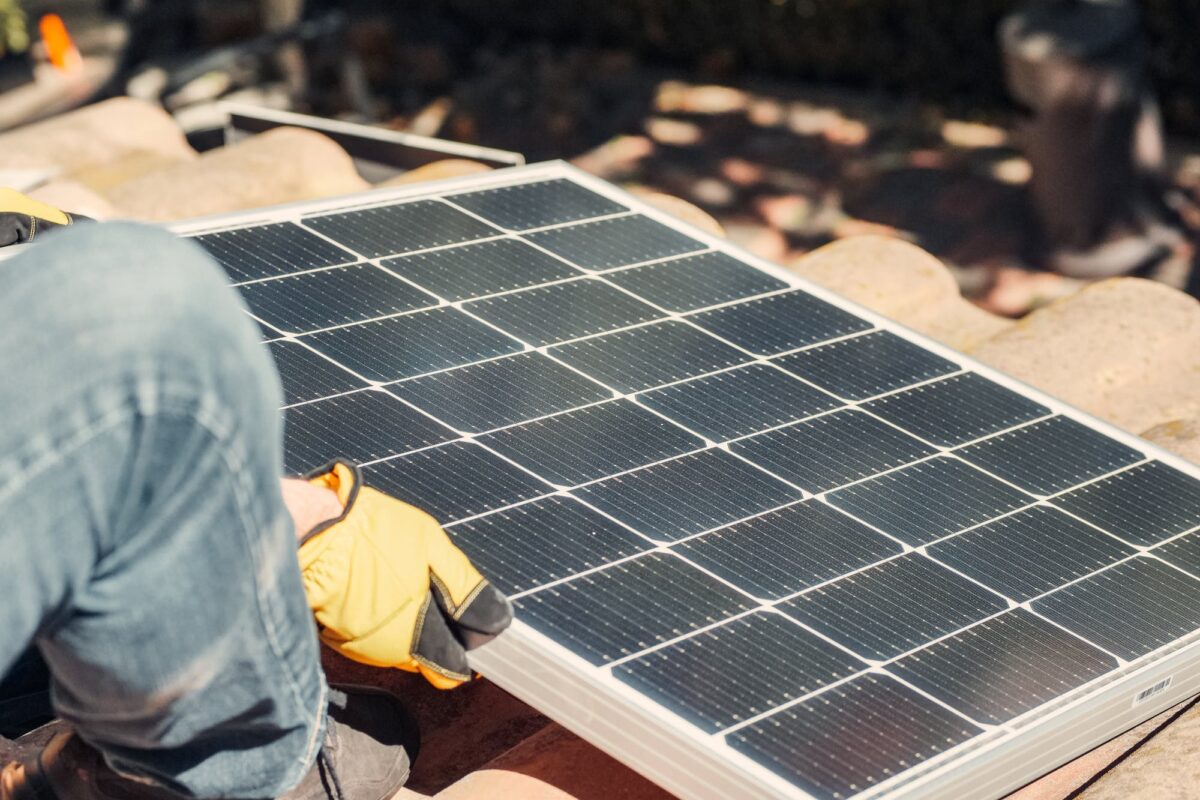Additional guidance on the Inflation Reduction Act’s (IRA) domestic content bonus for renewable energy projects was released from the U.S. Department of Treasury and the Internal Revenue Service (IRS).
The interim guidance builds upon the domestic content safe harbor in May 2024, which provides clean energy developers the option to rely on default cost percentages provided by the Department of Energy.
The Treasury said the guidance reflects improved default values that more closely align with the characteristics and costs of applicable project components and manufactured product components in the marketplace, as analyzed by the Department of Energy.
The additional guidance establishes optional alternative cost percentages for solar developers that use solar cells manufactured with U.S.-made wafers.
The guidance also helps clarify the safe harbor tables, including:
- Solar: The updated tables update cost percentages, make certain adjustments to the characterizations of applicable project components and manufactured product components, and offer clarifying definitions.
- Domestic solar wafers: For each solar table, there are new optional alternative cost percentages for projects using domestic solar cells manufactured with domestic wafers.
- Land-based wind: The updated table for Land-Based Wind includes minor adjustments to the characterizations of applicable project components and manufactured product components.
- Battery electric storage system (BESS): The updated table updates cost percentages, makes certain adjustments to the characterizations of applicable project components and manufactured product components, and offers clarifying definitions.
The update provides additional clarity on using the table for retrofits, projects that use elective pay (also known as “direct pay”), and solar carport and floating solar projects.
However, within hours of the guidance’s release, the Solar Energy Manufacturers for America (SEMA) Coalition released a statement that, while acknowledging the guidance is a positive step, said it “falls short in some respects.”
“Unfortunately, we still have an overly complicated approach that misses the mark in important ways and risks deepening our country’s reliance on China’s solar supply chain by failing to play to our technological strengths,” Mike Carr, SEMA’s executive director said in the statement.
“While it’s significant that the value of U.S. wafer production is now recognized,” he wrote, “if the tables were more focused on the core, strategic components of all solar technologies, we would see a faster and more expansive build-out of factories in the United States. “
“The United States can be a world leader in solar manufacturing technology, and we have the lead in developing the next generation of solar,” Carr said. “We look forward to working with the 119th Congress and the incoming administration to unleash American energy manufacturing and not let China maintain its stranglehold over this critical technology.”
QCELLS, however released a statement calling the updated guidance “crucial and highly welcomed” and said Biden’s leadership in advancing domestic clean energy manufacturing “ has been truly unprecedented.” The solar manufacturer said it “shares the Administration’s commitment to building a durable clean energy supply chain in the U.S. that increases economic competitiveness, creates good-paying jobs and strengthens our energy security.”
Qcells said the Inflation Reduction Act’s “game-changing incentives” have led to the company creating over 4,000 manufacturing jobs, “which is proof that re-industrialization policies in the clean energy industry are succeeding.”
This content is protected by copyright and may not be reused. If you want to cooperate with us and would like to reuse some of our content, please contact: editors@pv-magazine.com.









By submitting this form you agree to pv magazine using your data for the purposes of publishing your comment.
Your personal data will only be disclosed or otherwise transmitted to third parties for the purposes of spam filtering or if this is necessary for technical maintenance of the website. Any other transfer to third parties will not take place unless this is justified on the basis of applicable data protection regulations or if pv magazine is legally obliged to do so.
You may revoke this consent at any time with effect for the future, in which case your personal data will be deleted immediately. Otherwise, your data will be deleted if pv magazine has processed your request or the purpose of data storage is fulfilled.
Further information on data privacy can be found in our Data Protection Policy.